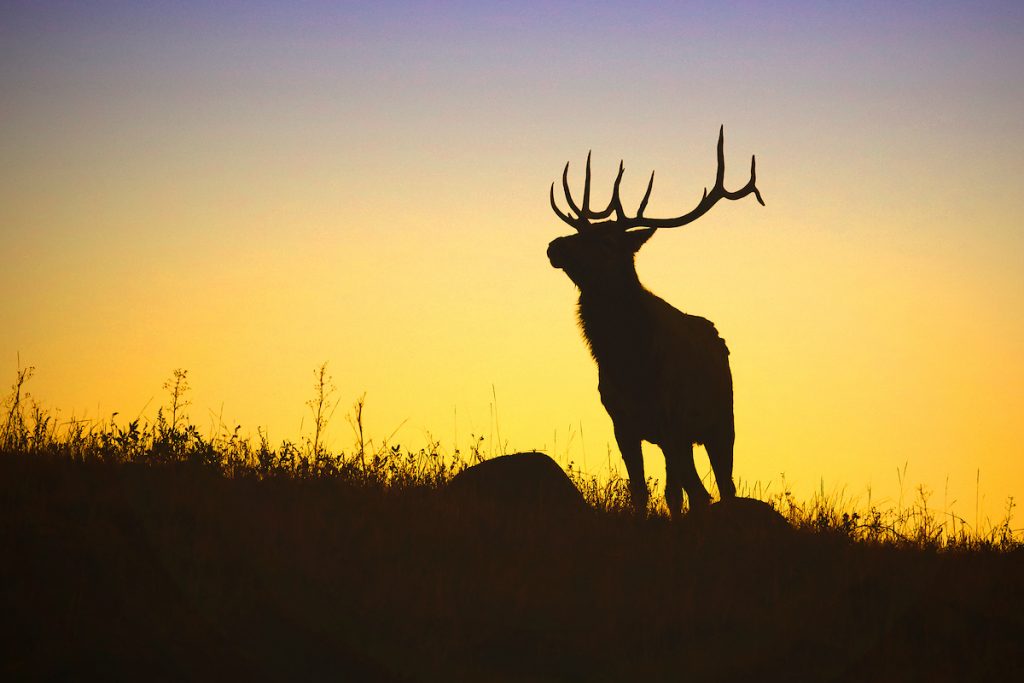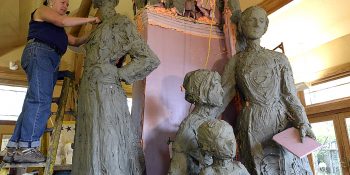Colorado Parks and Wildlife reminds shed hunters that the collection and possession of antlers or horns on all public lands west of I-25 is prohibited between January 1 and April 30 each year.

This closure, in place since 2018, is intended to protect wintering animals from unnecessary human disturbance during the late winter months when ungulate body condition is at its worst.
“The closure has been very successful in protecting wildlife during the late winter, however, there are still some who have ignored the closures,” said wildlife officer Garrett Smith. “The driving force for shed collection is money, and when you put a price tag on something, you will have people who will go to great lengths to exploit that.”
This closure is for public lands only; the collection of antlers and horns on private lands is still permitted. However, permission to access private lands is always required regardless of the time of year.
Due to a recently approved increase in wildlife-related fines, the possession of a single antler or horn will cost you $137 and 5 license suspension points. Accumulation of 20 or more points may lead to suspensions of hunting and fishing privileges in Colorado and 48 other states, which include all of Colorado’s neighboring states.
As two people in Moffat County recently discovered, CPW is taking the closure very seriously. The two individuals were identified as Lucas Price and Bobby Higginbotham of Vernal, Utah. Both were convicted for the possession of 17 elk antlers in March of 2019 and have had their hunting and fishing privileges suspended for one year as of January 2020. Both individuals also received a fine of $1,233 for possessing the antlers. Price and Higginbotham were contacted by wildlife officials while on snowmobile in game management unit 10, an area that is managed for quality hunting opportunity by CPW. Wildlife officer Smith also stated that this area has seen a large amount of attention by shed collectors due to the size of elk and deer antlers known to be in this unit.
In this case, the individuals were found to have collected the antlers on BLM land, while others have resorted to trespassing on private property to try and escape the closure rules. In conjunction with the closure, if a person is found to be in possession of shed antlers while trespassing they will be charged for the possession of those antlers as well.
SPREAD THE NEWS
COMMENT, Like, Follow & SHARE @I70Scout
CURRENT EDITION
WEATHER & TRAFFIC PUZZLES RECENT NEWS ADVERTISE WITH US
CPW encourages people with information about illegal shed collection to call their local CPW office or the Operation Game Thief (OGT) hotline at 1-877-265-6648. Tips to OGT may earn you monetary rewards, individuals who call OGT may remain anonymous.












